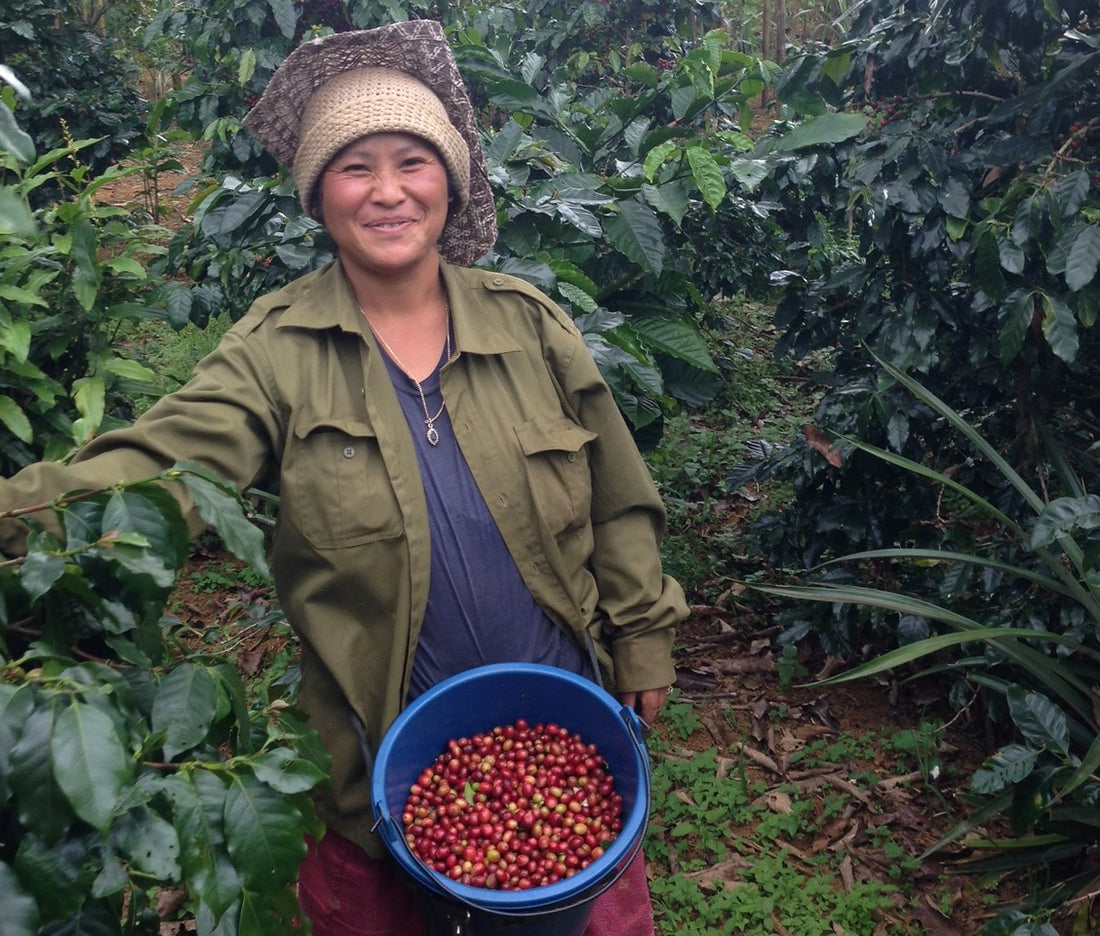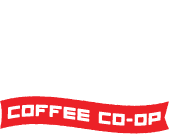
Fair Trade
What It Means To Us
The objective of fair trade is to insure that producers of goods are compensated fairly for their labor. Fair trade certification is one mechanism for doing this; transparency is another.
Just Coffee relies primarily on the latter to guarantee to our customers that the farmers who grew our coffee received a just price (or at least a more just price than could have been had through the commercial marketplace). Being able to see the contract between our importer and the grower cooperative permits the consumer to verify in black and white what was paid per pound. A certifier’s stamp will guarantee only that the price paid was at or above the going fair trade minimum.
So, if the transaction is transparent, and the producer has been paid above the FT minimum, how important is the certification?
While we value certification, we feel the additional information about price revealed by the contract is important, as is (for us) simply setting a public example of transparency. If you check the prices on our Coffee Tracker, you’ll find that most of them are significantly higher than the FT minimum.
Third-party auditors like Fairtrade International certainly have an important role to play as standard-bearers for best practices and insuring that larger market players, who may be less motivated by justice than by profit, adhere to their obligations. But mission-driven roasters and importers will inevitably be doing what is required under certification in any case.
Most of the coffee we sell does come from FT certified producers, but we do not view certification as essential for grower groups with whom we have long-standing and trusting relationships and who are otherwise doing the right thing. As fair traders, we are obligated to stand by our farmer partners over the longer-term, and that can sometimes mean sticking with them when some administrative or clerical snafu has caused temporary loss or suspension of their certificate. Certification is also expensive, and we have plenty of sympathy for producers who would rather invest scarce resources into soil- or infrastructure-improvements than pay a certifier.
As a consumer, it is also important to be aware of what FT certification does not insure. Because certification applies to specific transactions, any roaster or importer with certification can also purvey non-FT coffee. In this way, companies so-disposed can simply cost-shift – subsidizing their FT offerings with coffee acquired at exploitative prices. Therefore, always look for companies who only sell FT coffee and who always provide proof of it (as we do) by showing signed contracts.

-
Coffee Tracker
TRACK YOUR COFFEE FROM THE ROASTER TO THE FARMER COOPERATIVE
Learn More

-
Farmer Partners
Our relationships with farmers, their cooperatives, and their communities are at the heart of our business model. We recognize that building community and investing in farmers gives them the security of knowing that they can sell their coffee for a higher price every year. It also allows us to know that we will be able to have a regular supply of excellent coffee to roast for our customers.Learn More
IT'S TIME TO GET BREWING







